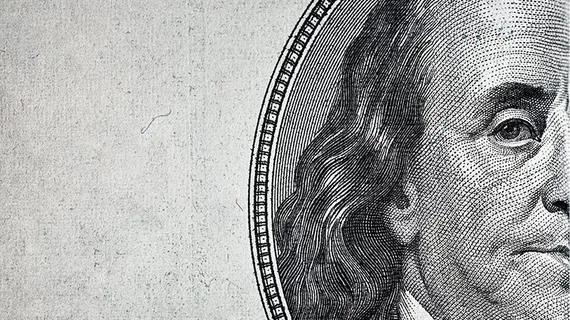13 healthcare companies reach $1B valuations this year
Thirteen healthcare companies have reached $1 billion in valuation this year––an especially notable achievement as the U.S. economy approaches a recession and investors pull back.
Business Insider reported on the 13 companies, underlying the decline in digital health investments this year. Digital-health startups raked in $6 billion in the first quarter of 2022, compared to $7.3 billion raised in the fourth quarter of 2021, Insider reported. Despite the decline, funding is still elevated above pre-pandemic levels, underscoring the huge interest in digital health among investors.
News of the sky-high valuations also comes as healthcare is still evolving to meet the demands of the COVID-19 pandemic. As workforces and hospital and health system resources are stretched, telehealth has seen increased demand since the start of the pandemic––and many healthcare organizations have launched new virtual health programs.
Here are the 13 healthcare companies that made Insider’s list:
- NexHealth - $1 billion valuation
- Wheel - $1.02 billion valuation
- Omada Health - $1.03 billion valuation
- IntelyCare - $1.1 billion valuation
- Viz.ai - $1.2 billion valuation
- Biofourmis - $1.3 billion valuation
- Clipboard Health - $1.3 billion valuation
- Clarify Health - $1.5 billion valuation
- Athelas - $1.56 billion valuation
- Transcarent - $1.62 billion valuation
- BostonGene - $2.15 billion valuation
- Oura Health - $2.55 billion valuation
- Somatus - $2.56 billion valuation
Click the link below for the full story:

